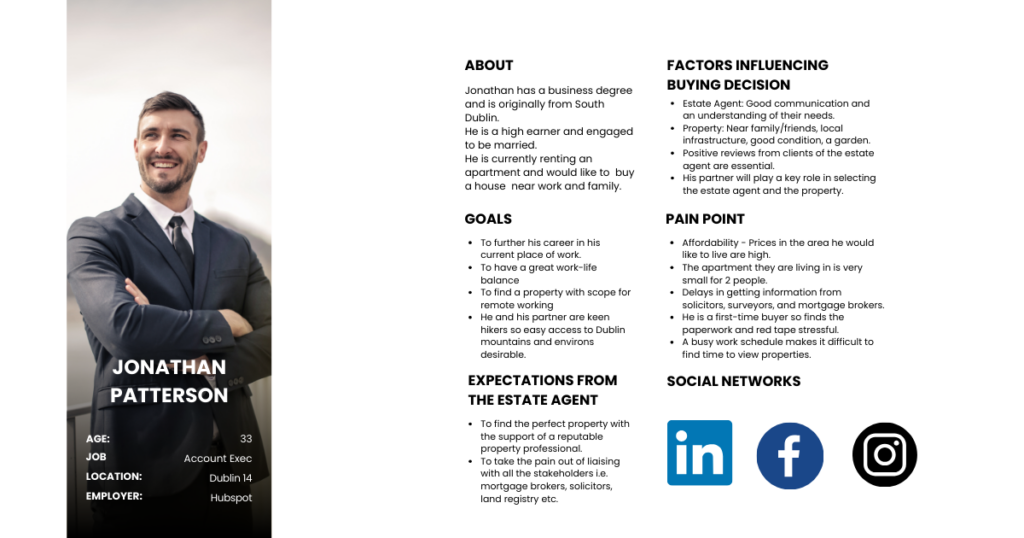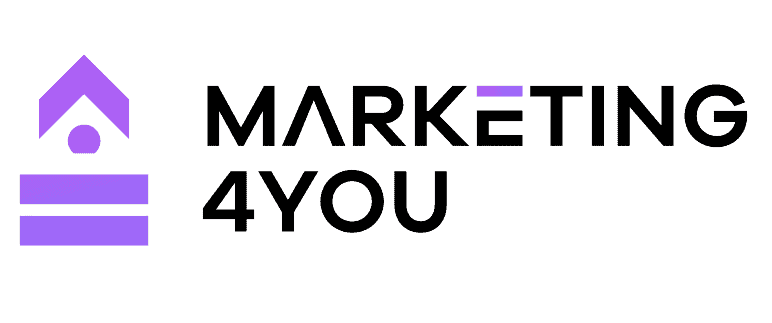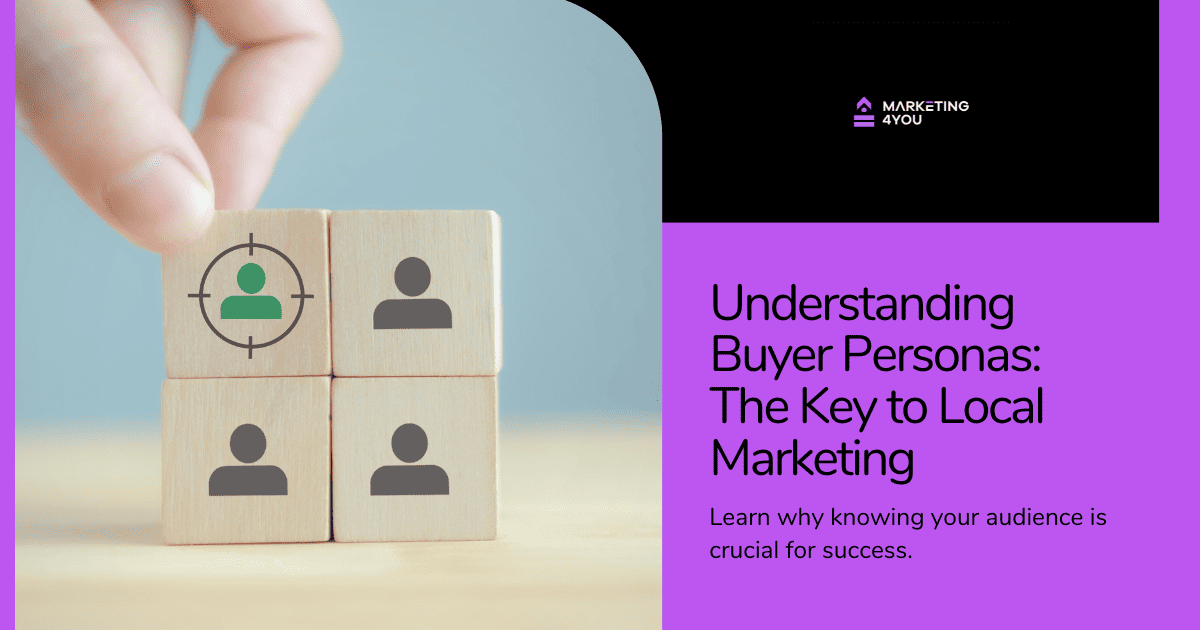Definition of a Buyer Persona
Buyer personas are “a semi-fictional representation of your ideal customers.” Hubspot
Imagine being able to tailor your marketing messages to resonate with your ideal customer, resulting in higher engagement, conversions, and return on investment.
In this blog, we attempt to help you understand the value of buyer personas. We cover creating and utilising them effectively to optimise your marketing budget for successful local marketing.
Business owners wonder why their marketing efforts are less successful than they would like. Unfortunately, if you don’t know enough about your potential customer, the results will always be disappointing.
While you could have an excellent product or service if the “right” customer doesn’t know about it…
“It’s like winking at a girl in the dark, you know what you’re doing, but nobody else does.”
What are Buyer Personas?
A buyer persona is a semi-fictional representation of your ideal customer based on market research. It provides valuable insights, which help position your product or service as the best solution. In addition, it increases engagement, builds trust, and builds brand loyalty, resulting in a better understanding of your target audience
We all want to create and deliver marketing strategies that encourage our ideal customers to engage and take the desired action.
By crafting buyer personas, you will identify the needs and challenges of your ideal customers.
How to Create Buyer Personas
The market segment you operate in will dictate priorities, goals, challenges, and pain points.
Therefore, you need to find out what motivates your customers to buy from you. Also, understanding what keeps your customers awake at night will lead to more impactful marketing messages.
Don’t overcomplicate the process. Typically, three to five buyer personas will suffice for most businesses. (Hubspot download)
Also, components vary depending on your niche. Pick and choose what is relevant to your sector.
Detailed buyer personas will ensure your marketing and sales efforts focus on the “right” customer.
Below are key topics which will help to identify what is important to them so you can tailor your marketing efforts accordingly.
What to Focus On?
- Who is the target audience based on demographics? Is it local?
- Psychographics: What are their values, interests, and ways of life?
- Behaviour: What are their interactions with comparable goods or services?
Research methods:
- Surveys and Questionnaires
- Interviews and focus groups
- Data Analysis, Keywords, Local SEO and Market Research
- Competitors
Demographic information: paint a picture of your ideal customer
- Age
- Gender
- Location
- Occupation
- Income Level
Insights: Motivations and Values
- Lifestyle
- Interests
- Pain points: what keeps them awake at night?
- Needs, challenges, and motivations
Behavioural patterns
- Purchasing habits
- Decision-making processes
- Brand loyalty
- Channels used
- Communication channels
- Social media
- News platforms
- Technical journals
- Decision-making process
- Who are the primary stakeholders?
- What are the evaluation criteria, e.g., cost, reputation, personality, and timeframes?
Note that your market segment will determine what matters, such as B2B vs. B2C.
Examples of Good vs Bad Buyer Personas.
Bad Persona ✖️
- Female 30+, Fitness fanatic, Enjoys socialising with friends
Good Persona ✔️
- Jane, a female, 35+, loves running, yoga, and meditation. CFO of a construction company. She is married to Joe and has 2 children, 3 and 5 years old. Has a dog. Interested in environmental issues.
Examples of Buyer Personas for Different Sectors
Business sectors will have industry-specific buyer personas. Consequently, it is important to create content that focuses on their decision-making process and the buyer’s journey.
The examples below highlight the important distinctions that will help build personas, create content and choose communication channels tailored to these buyer personas.
- Solicitors:
-
- A house purchaser requires conveyancing services and could also be interested in making a will and/or power of attorney.
- An HR manager needs advice on employment law to deal with an employee’s workplace issue.
- A pedestrian seeking advice following a traffic accident.
- Financial Services Consultant:
-
- A couple or individual researching mortgages
- A middle-aged person in need of pension advice
- A self-employed person requires salary protection.
- Estate Agent: See the example below.
When you know who will benefit most from your services, you can craft your marketing messages so they resonate accordingly.

Stand Out From The Competition
Creating buyer personas and gaining an understanding of your customers will make your business stand out from the competition. So many businesses fall into the trap of talking about themselves.
Customers are not interested in hearing about features; they want answers to their questions. Identify what kinds of questions people might have and provide helpful information.
They want to know that by purchasing your product and/or service, they will have a solution to their problem.
Always focus on the benefits.
“Spray & Pray” marketing is not a sustainable marketing strategy. Everyone is not interested in your product or service, so starting with the basic questions as to who you want to serve and why they should be interested is key.
Once you work this out, you can personalise your marketing messages so they are more likely to resonate with them.
Contact us if you need assistance defining your ideal client or coming up with marketing plans. We aim to ensure you get the best results from your marketing budget and offer a free 30-minute online marketing consultation.
Useful Tools
Make my Persona: Hubspot (Free tool)
Surveys: Survey Monkey (Free version)
Google Analytics: real-time data on your ideal customer

